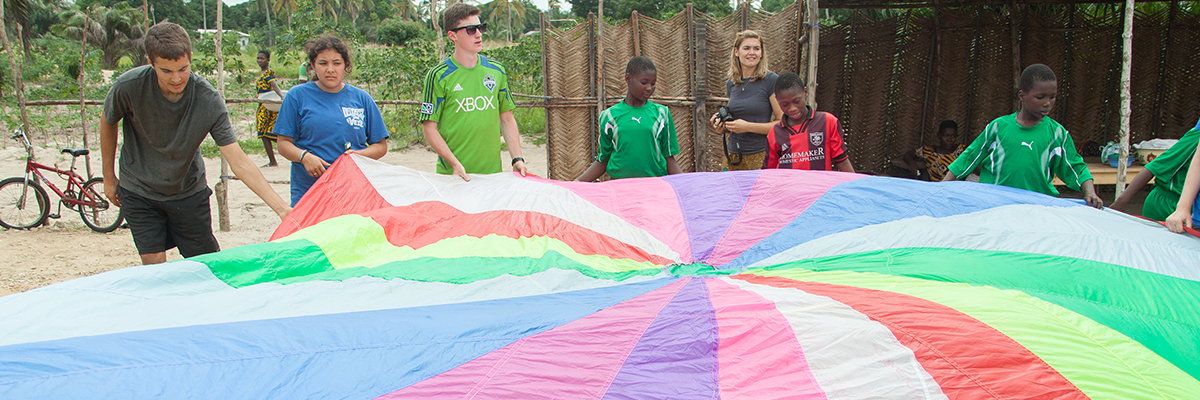You don’t just want a career; you want to educate and inspire others to learn. This is often a daunting thought, but don’t let all the information about education careers overwhelm you. Here are five ways that will motivate you to get a head start in your future in education!
1) Learn about your passion. You can’t become a doctor and know nothing about medicine. It’s the same for a career in education, so study up on your dream profession! Research what you’re interested in; learn about what it takes to enter that job. Discover what your state’s requirements are to become a teacher. From lecturing on molecular biology to inspiring first-graders, there is a specialized path for you, so dive in and learn about what you love. And don’t forget to keep working hard in your current studies, too!
2) Become a tutor. Tutoring is a fantastic way to gain some teaching experience. If you’re interested in tutoring, check to see if your school can help get you started. Eventually, you could even branch out into your own small tutoring business. You’ll be helping others, and getting some great on-the-job experience.
3) Audit or watch a class. Many teachers/professors will be excited that you are interested in education as a career, and several schools have ways for you to become a teacher’s aide and audit a class. You’ll get to experience different teaching methods, classroom procedures, and you may even get to assist the professor in grading and lecturing. Needless to say, this kind of experience will be promising for your future career.
4) Help with summer education programs. Volunteer at your library and read stories to children. Or become a camp sponsor at a fun summer camp! Try to find one that has educational programs you’re interested in, like an arts and music camp or a science camp. You will get to work with what you’re passionate about, and have some summer fun along the way.
5) Volunteer abroad. Traveling will immensely broaden your knowledge about education and teaching. Global Leadership Adventures has an awesome opportunity that will whisk you to Costa Rica. You’ll discover the wonderful Costa Rican culture and participate in several activities that involve education, from teaching to serving and learning how the children study at their schools. And you will leave with a deeper appreciation for education and first-hand experiences with educational activities.
A career in education may sound difficult to enter at first, but you can get a head-start in it. So stay passionate about your dream and let it motivate you to educate! What about you? What ways have you pursued to start your career journey? Tell us in the comments below!
Contributed by Addie Davis

